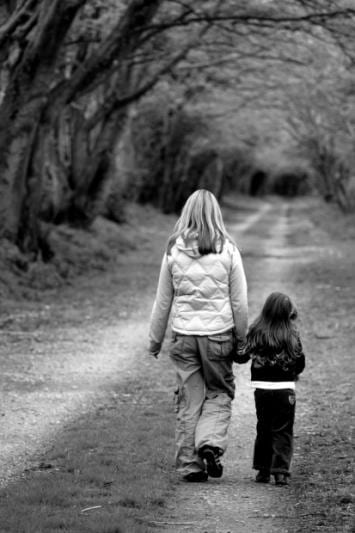In the past, adoption was often a hidden thing. Today, with society’s changing viewpoint towards adoption, that stigma is being erased. However, this doesn’t ease all the concerns an adoptive child might face, such as questions of heritage or the circumstances surrounding their birth. Whatever the situation, the positive impact of adoption outweighs these issues by offering children a stable, loving, “forever family.”
General Issues
Even while being raised in the most positive and loving of environments, adopted children may still struggle with identity issues, wondering who they really are or what their heritage is. They might grieve over the loss of a family they never knew or feel rejected because they were given up. They might have trouble trusting or growing close to their adoptive family or feel ashamed of being adopted. Genetic health conditions might be a problem, especially if there is no contact with the birth parent.
Age of Adoption
A child adopted as an infant might not know he was adopted. When he is old enough to learn about his birth, being placed in a loving family helps with any adjustment. Children who were older when they were adopted, however, might struggle with a sense of abandonment, a lower self-esteem or problems with trusting people, even their adoptive family.
Trans-Racial Adoptions
Children who are adopted trans-racially (where a family adopts a child of a different race) might have problems that other adoptive children do not face. According to research done by the Evan B. Donaldson Adoption Institute, children in trans-racial adoptions must cope with being different from their adoptive family: they might have problems having a positive identity with their race or ethnicity and they might have problems dealing with discrimination.
Foreign Adoptions
Like domestic adoptions, age affects the challenges faced by the child in an international adoption. Children adopted as a baby might notice the difference in coloring or features in their parents when they grow older. Language can be an issue if an older child is adopted from a non-English speaking country. While the family and child might work together to learn each other’s language, the adoptive child might use it as a ploy during familial conflicts.
Open Adoption
Open adoption allows the adoptive parents to have contact with the birth parents. If the birth mother is still a part of the child’s life, the child might have problems understanding which parent has the parental authority over her life. However, having contact with the birth mother also helps to lessen some of the questions a child might have later. There are many levels of open adoption and a couple would do well to discuss them with a legal expert and family counselor before pursuing this type of adoption.





